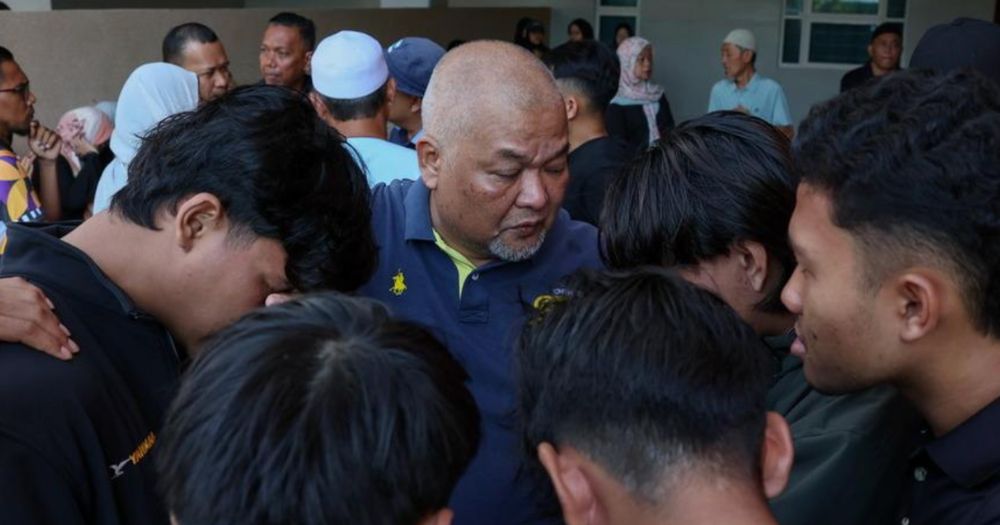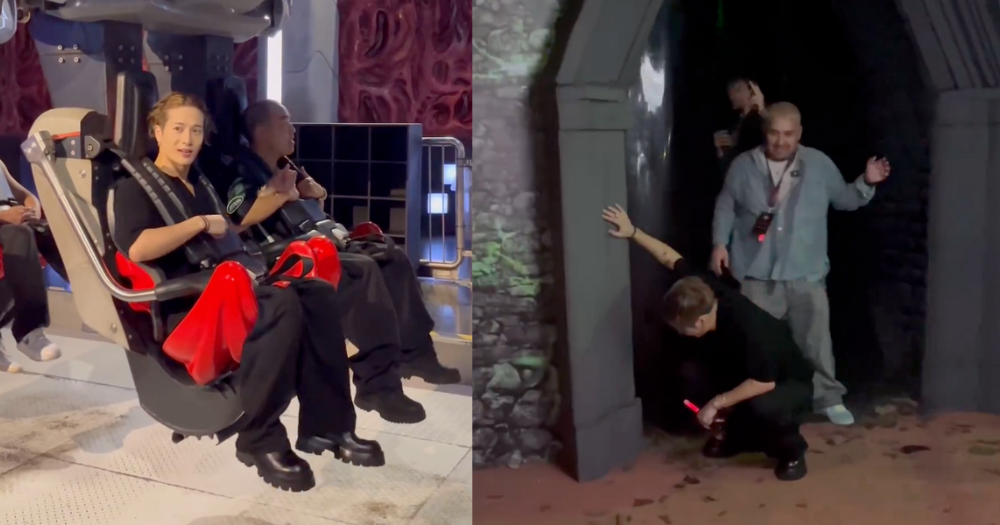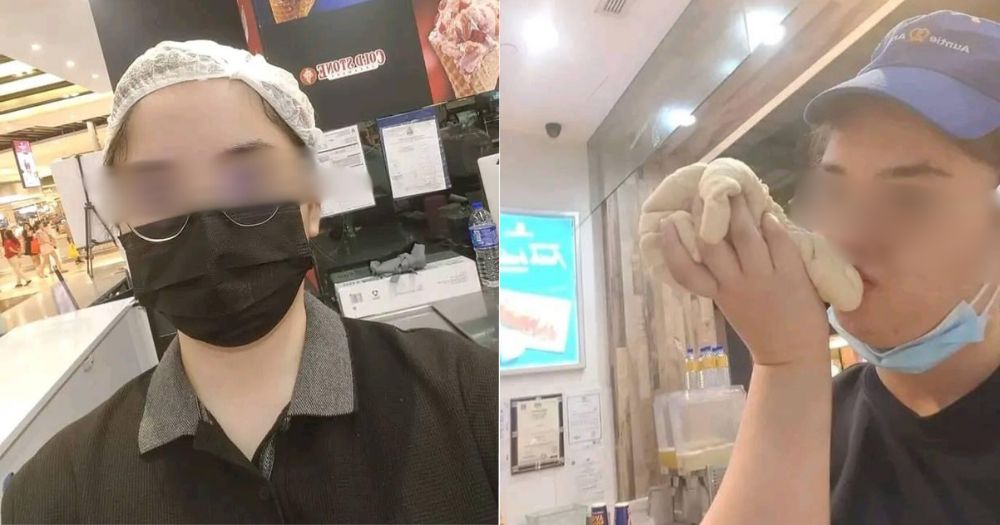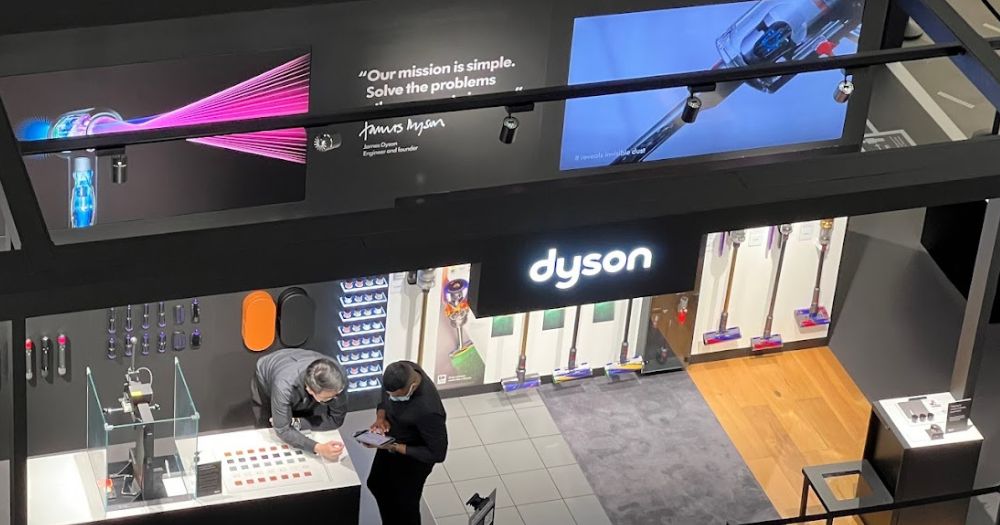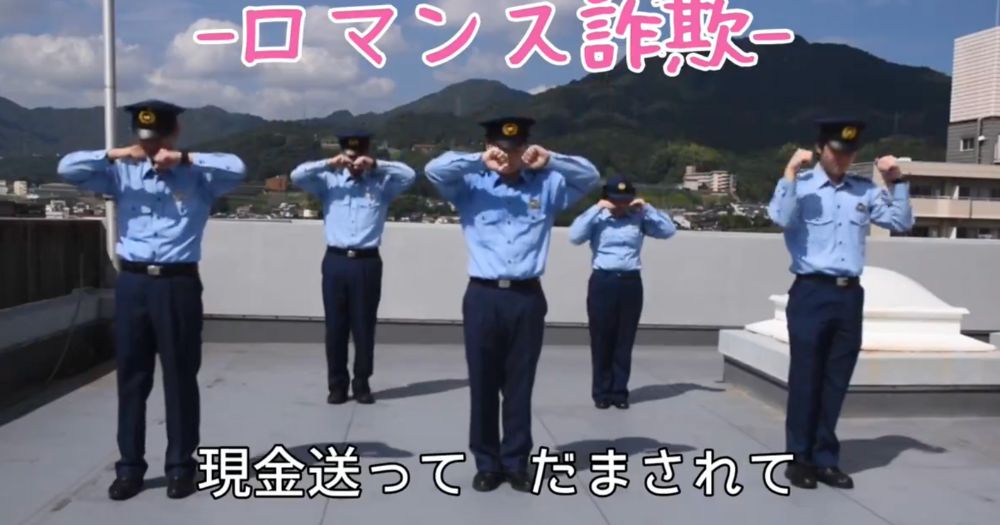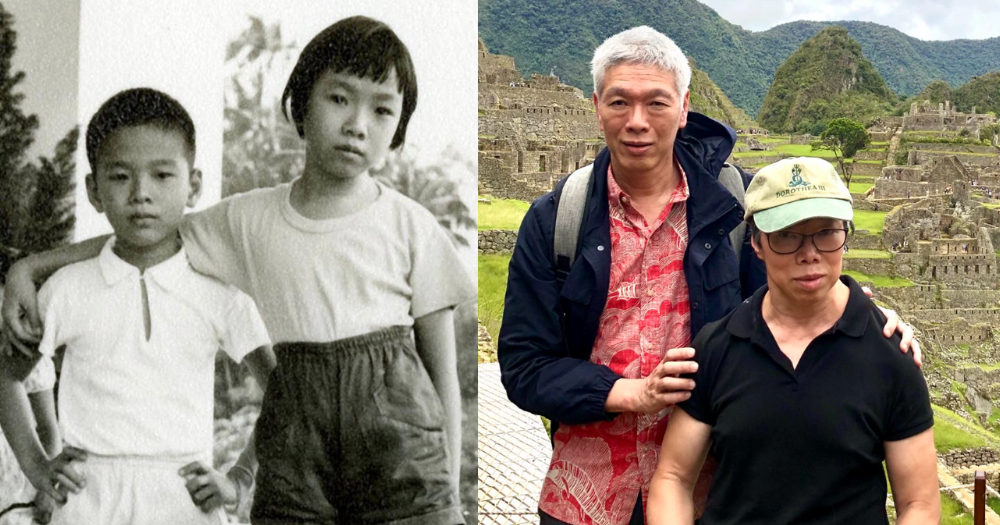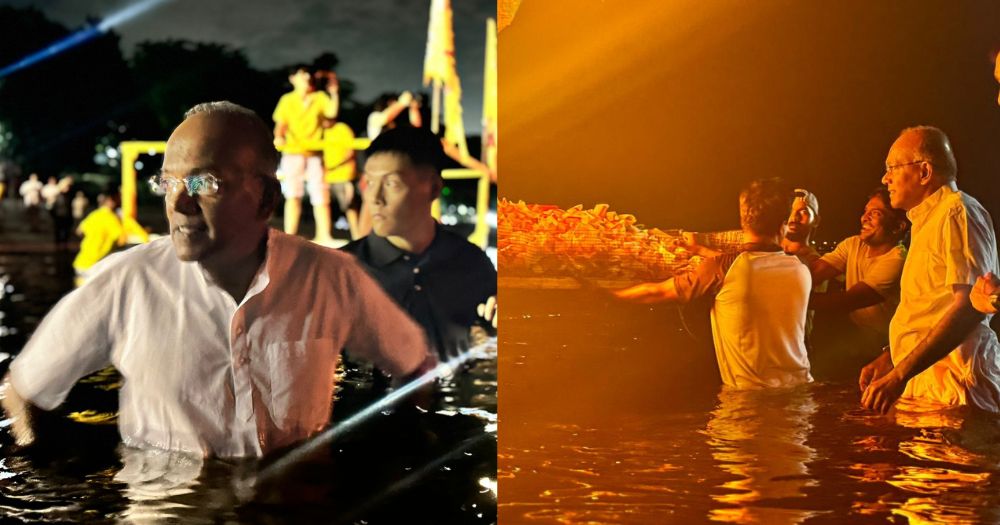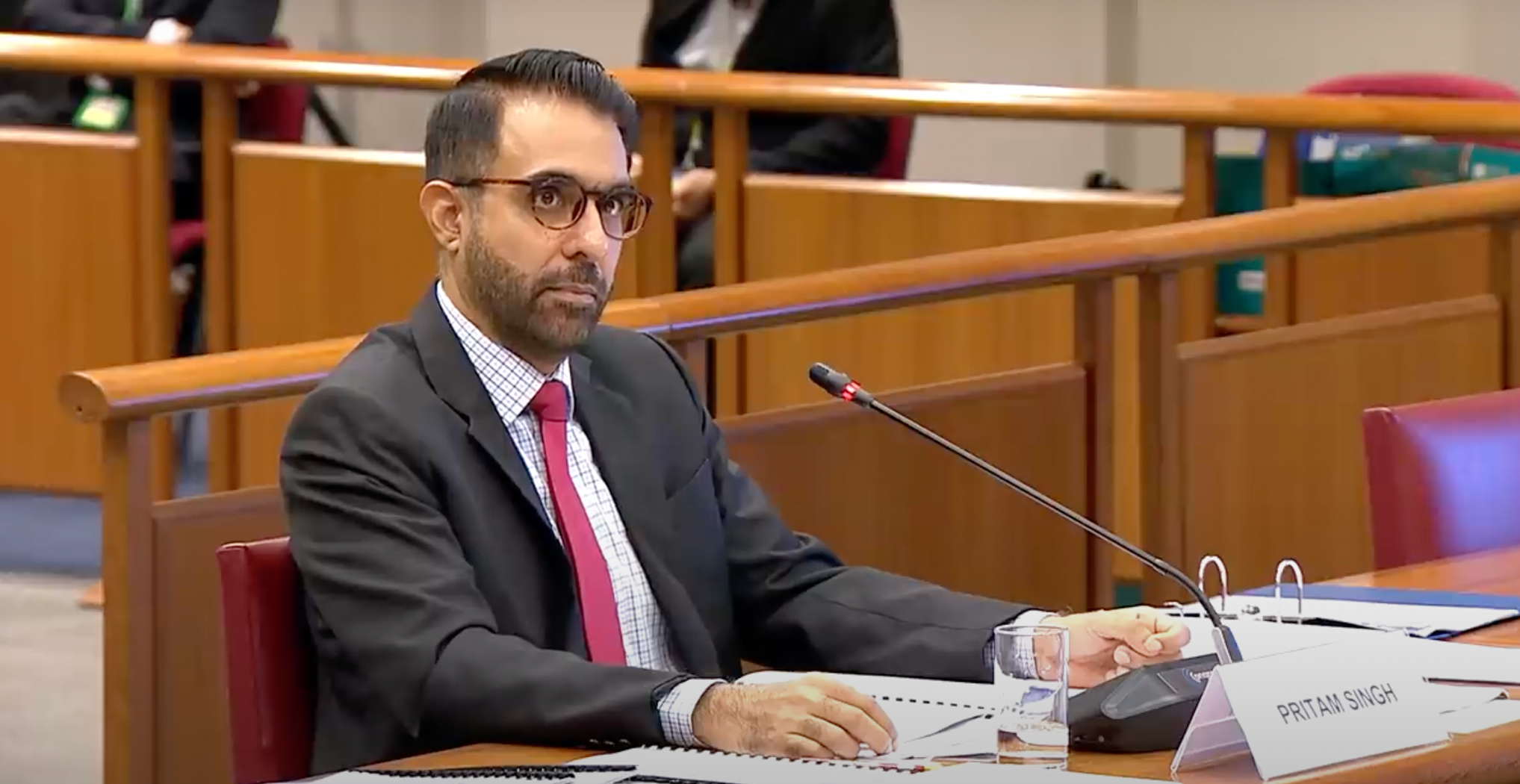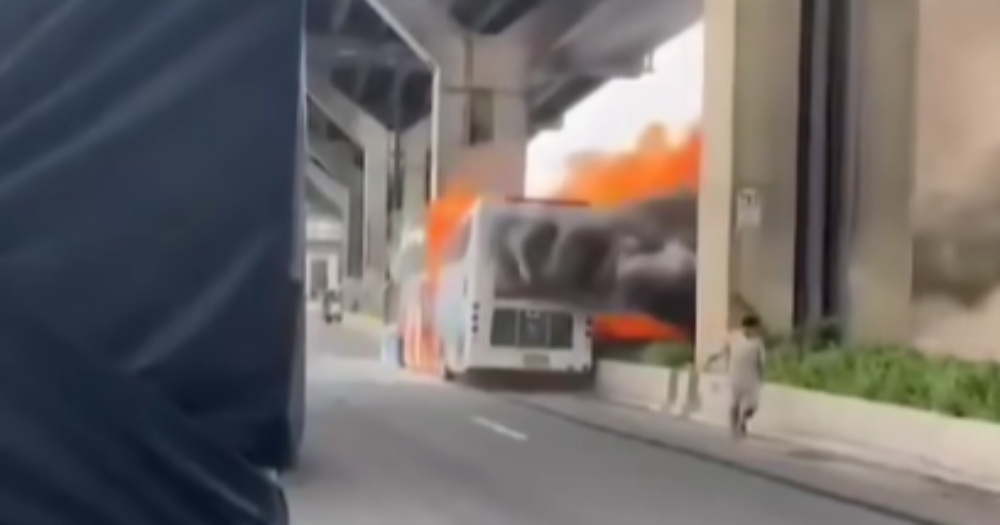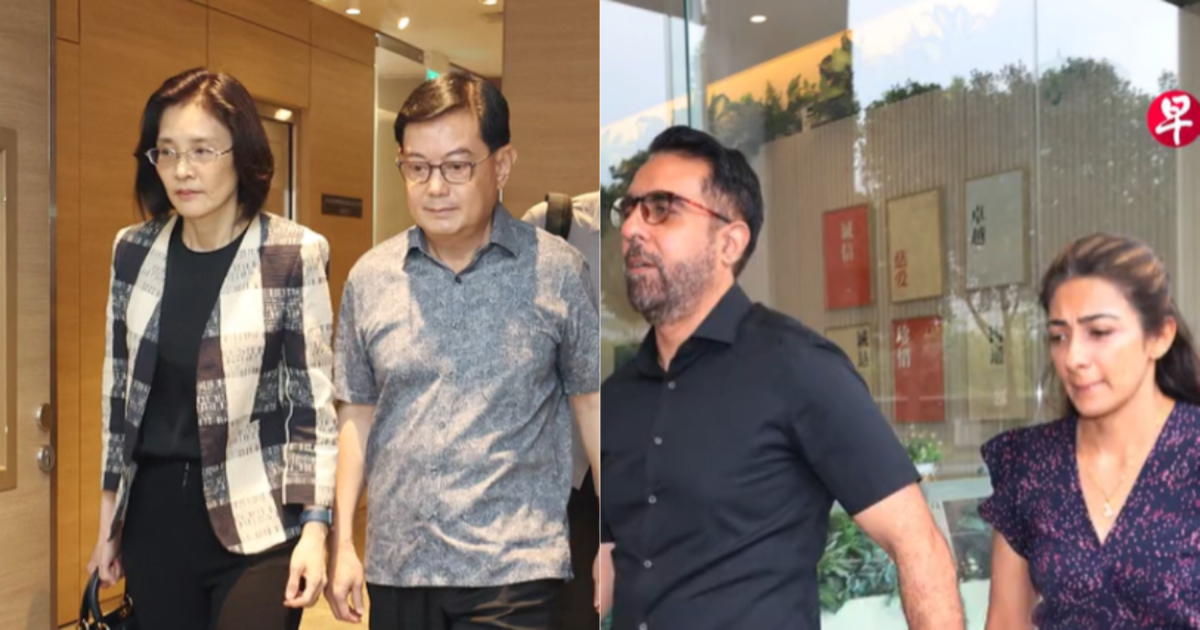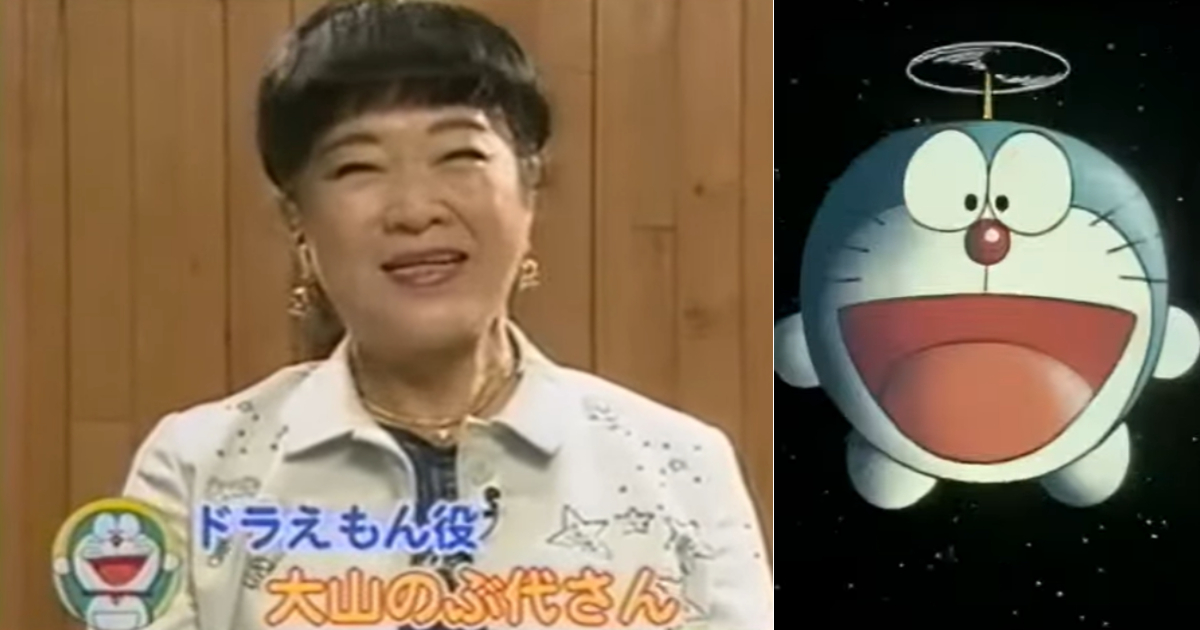Japanese atomic bomb survivor group wins 2024 Nobel Peace Prize
The group's co-head pinched his cheeks in disbelief.
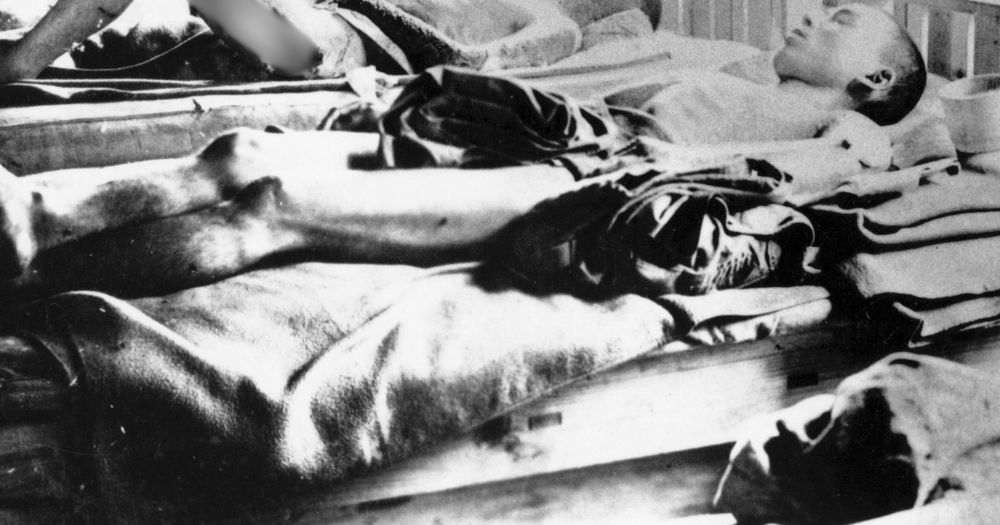
Pinching his cheeks in disbelief and crying tears of joy — that was how Toshiyuki Mimaki, the co-head of Nihon Hidankyo, a Japanese group of atomic bomb survivors, reacted to winning the 2024 Nobel Peace Prize on Oct. 11.
"I can't believe it's real," Mimaki was quoted by Reuters as saying.
The group, founded in 1956, was formed a decade after the bombings of Hiroshima and Nagasaki in 1945.
Their main objectives are to promote the "social and economic rights" of all atomic bomb survivors (known as hibakusha) and to ensure that "no one ever again is subjected to the catastrophe that befell the hibakusha".
In a video uploaded by Global News, Mimaki raised his hands in excitement and started crying upon hearing his group had won the prize.
&ab_channel=GlobalNews
Nobel Peace Prize
According to the Nobel Prize site, the group was awarded the Peace Prize this year “for its efforts to achieve a world free of nuclear weapons and for demonstrating through witness testimony that nuclear weapons must never be used again”.
Following the announcement, Mimaki expressed shock, saying he expected the prize to go to the people "working so hard" in Gaza.
He said that they would continue to "appeal to the world" as they had always done for "the abolition of nuclear weapons and the achievement of everlasting peace".
The award ceremony will be held in Oslo, Norway on Dec. 10 later this year.
The group will be awarded with 11 million Swedish krona (S$1.3 million), a diploma and gold medal.
Nuclear taboo under pressure
The Norwegian Nobel Committee said in its announcement that the efforts of Nihon Hidankyo and other representatives of the hibakusha have "contributed greatly to the establishment of the nuclear taboo".
The committee noted that while no nuclear weapon has been used in war in nearly 80 years, this taboo is "under pressure".
Without specifying names, the committee pointed out that "new countries" have been appearing to prepare to acquire nuclear weapons.
"The nuclear powers are modernising and upgrading their arsenals; new countries appear to be preparing to acquire nuclear weapons; and threats are being made to use nuclear weapons in ongoing warfare.
At this moment in human history, it is worth reminding ourselves what nuclear weapons are: the most destructive weapons the world has ever seen."
Background
On Aug. 6, 1945, around 140,000 people were killed after the U.S. dropped a bomb on Hiroshima, according to the International Campaign to Abolish Nuclear Weapons (ICAN).
Three days later, a second nuclear weapon was dropped on Nagasaki, killing a further 74,000 people.
Many survivors suffered from the side effects of radiation from the bombs, including leukaemia and cancer.
Mimaki, who was only three years old at that time, told BBC in 2023 that he could still remember "dazed and burnt survivors fleeing past his home" when the bomb hit Hiroshima.
Next year will mark 80 years since the bombings.
Top photo from Canva
MORE STORIES








